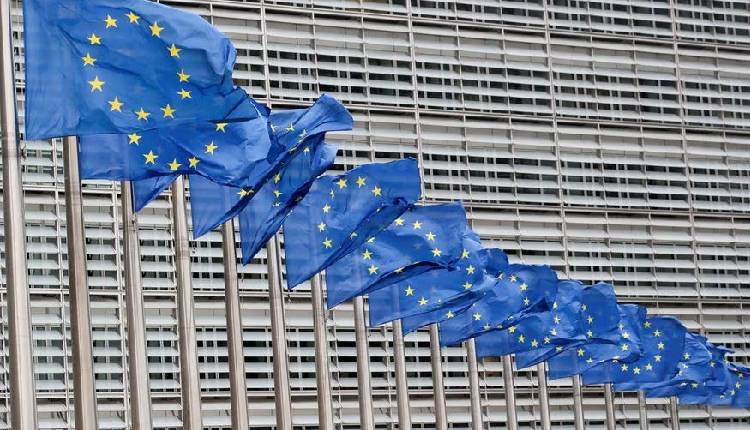EU to sue Germany for breaking EU single market rules
Reports indicate the European Commission might sue Germany over a gas storage fee seen as breaking EU single market rules. The fee applies to neighbouring countries when buying gas from German storage, according to Reuters citing two informed sources.
This legal action, known as an infringement procedure, may be commenced within the next few days.
The origins of the German tariff date back to the European energy crisis of 2022, triggered by reduced gas flows from Moscow to Europe and the closure of the Nord Stream pipeline following an undersea explosion. This pipeline constituted the pathway for 15 per cent of Europe’s gas imports.
To compensate for the considerable expenses incurred from purchasing non-Russian gas at inflated prices to replenish its storage reserves — the largest in the EU— Germany implemented what it termed a “neutrality charge” on gas transactions with its neighbouring countries. Since its inception in October 2022, this additional fee has more than tripled, prompting objections from certain governments asserting that it contravenes EU single market regulations prohibiting tariffs on intra-bloc trade.
A spokesperson for the Commission stated, “We remain engaged with the German authorities regarding this issue, including at a political level…we refrain from speculating on the potential commencement of infringement procedures.”
Conversely, a spokesperson for Germany’s economy and climate ministry contended that the levy was non-discriminatory and emphasised that other EU nations had benefited from Germany’s rapid replenishment of its extensive gas reserves. “This measure has significantly contributed to enhancing European energy security and stabilising prices,” the spokesperson added in a written statement.
Meanwhile, escalating sea temperatures and human activities are pushing numerous corals in the region to the brink of extinction, posing a threat to both the ecosystem and tourism.
The EU’s formal infringement process typically begins with a notice requesting information, followed by a call for compliance with EU regulations before potentially escalating to referral to the European Court of Justice, a process that can span several months.
The Czech Republic, Austria, Slovakia, and Hungary, in particular, have been urging the Commission to take action against the German levy. The EU energy regulator ACER has affirmed that such charges have led to higher gas prices in certain countries and should not be imposed on cross-border trade.
Energy Commissioner Kadri Simson recently warned that the levy jeopardises the solidarity of the bloc and undermines efforts to reduce the EU’s dependence on Russian gas. Despite these concerns, a spokesperson for Germany’s economy and climate ministry reiterated that the levy does not impede trade between member states, therefore refuting the necessity of reverting to Russian gas.


